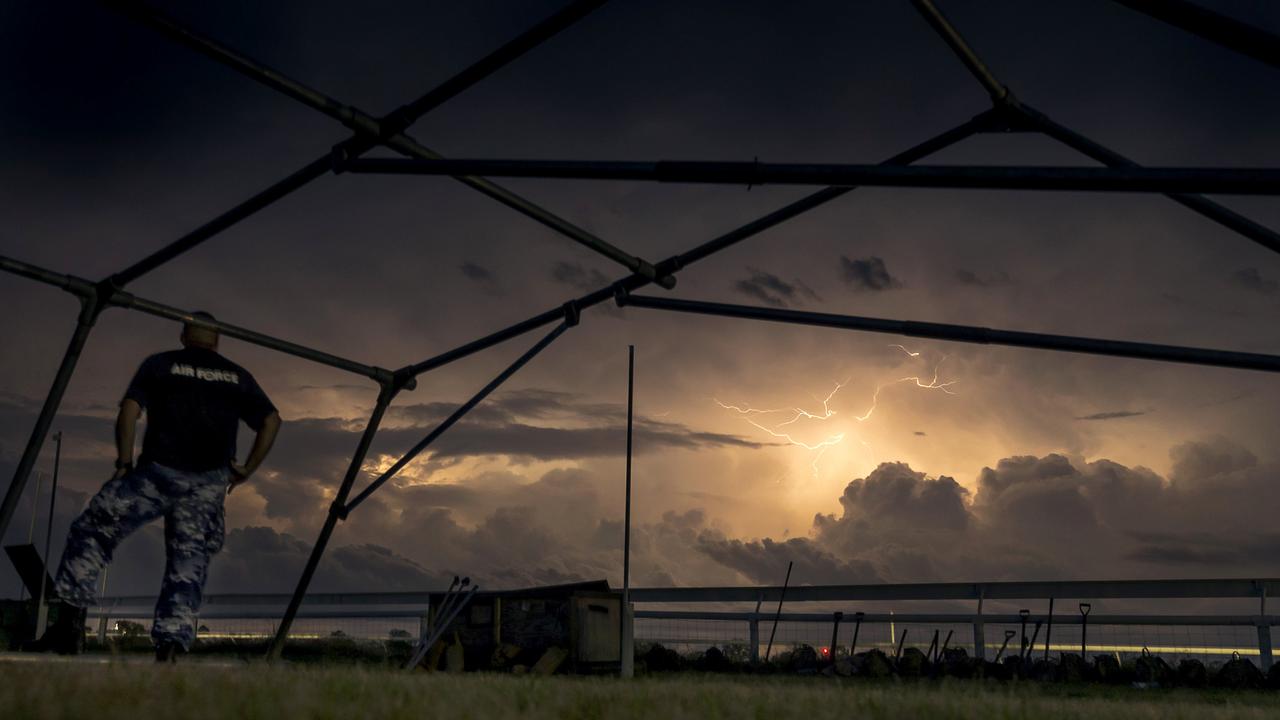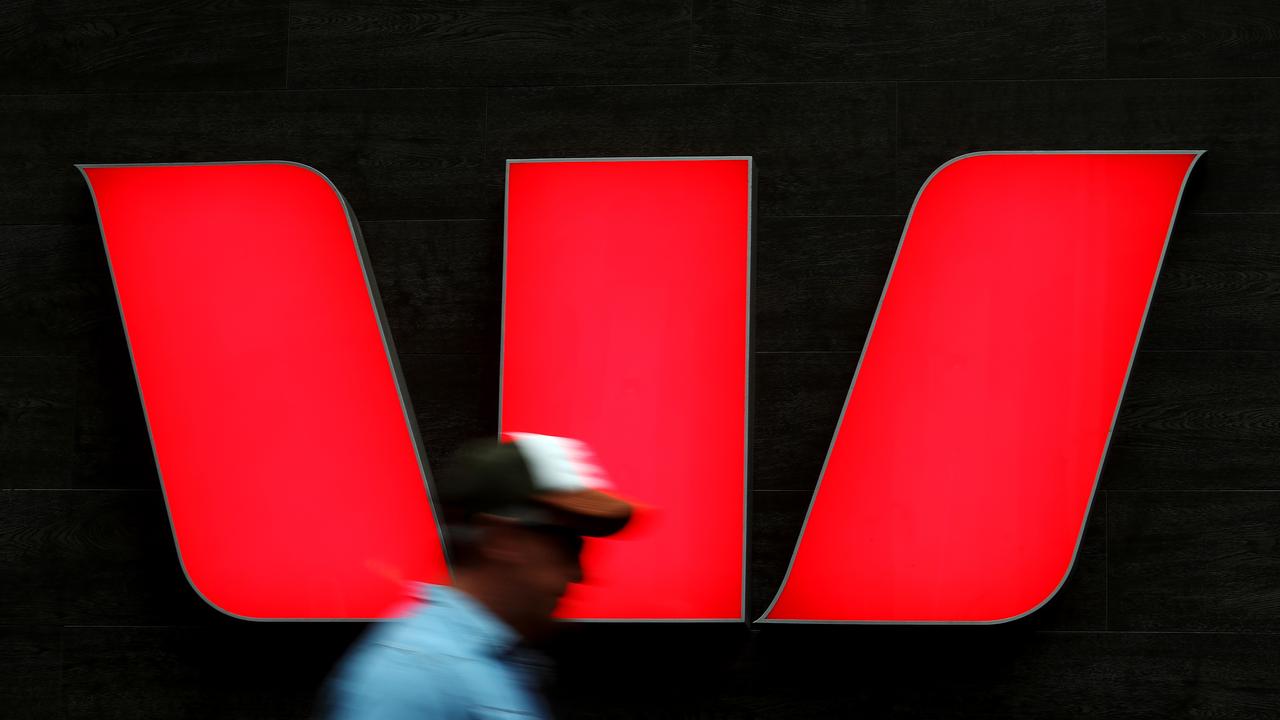The man who killed Rudd's mining tax
The man who killed Rudd's mining tax
Mitch Hooke is the man who co-ordinated one of the most successful vested interest campaigns ever seen in this country: last year's fight against Kevin Rudd's proposed resources super profits tax. He helped bring down a prime minister, saved the miners a fortune and proved that you can be an effective lobbyist even if the government of the day hates your guts.
"I'm a great fan of the way Mitch Hooke and the mining council managed that campaign," says lobbyist and former Liberal Party adviser Ian Smith. "There'll be a number of people who would say Mitch put people offside with the way he managed the campaign but boy was he effective. He represented his constituency very well and continues to."
Simon Banks, a director at the Labor-aligned lobbying firm Hawker Britton, agrees.
"Mitch has done a good job of defending his industry's interests," Banks says. "His job is not necessarily to be liked by government but to be respected and taken seriously. If you went to most of the members of the minerals council they'd say Mitch did a good job."
Hooke, a former top cricketer and AFL player, is an imposing man to meet in person. He's buff and broad-shouldered, with a face that looks like it's been carved out of stone and a handshake that could crush a walnut.
His language is just as muscular. The self-described "busted-arse country boy" loves to pepper his sentences with swear words and sporting analogies.
Hooke says he knew a "sh-tfight" was brewing long before Kevin Rudd announced, last May, that the government planned to impose a 40 per cent levy on mining super profits. In the middle of 2009, ministers stopped taking his phone calls and refused to meet with him.
"We got the drift that we were going to get nailed," he says.
That's why the Minerals Council was so quick out of the blocks with a schmick $17.5 million advertising blitz designed by Neil Lawrence, the brains behind Labor's Kevin07 campaign. The MCA's anti-mining tax ads were played an average of 33 times a day on free-to-air TV last June – more than twice what the government could muster.
As well as getting the mining bosses singing off the same song sheet, Hooke took on a high-profile media role himself. Australia's sovereign risk, he blustered, was now comparable to that of a communist dictatorship like Laos.
The onslaught worked a treat: Kevin Rudd was deposed, Julia Gillard buckled and the big three miners negotiated a watered-down tax that's expected to raise $60 billion less over the next decade than the original RSPT.
It's now become routine for industry groups to threaten a "mining tax style campaign" every time they don't get their way with government.
But Hooke's success came at a cost. Relations with the ALP – already frosty because of his spruiking for WorkChoices during the Howard years – are now sub-zero.
Treasurer Wayne Swan did not invite Hooke, or any other mining industry representatives, to the two-day October tax forum.
"Mitch does not have a good reputation across the board," says a top Canberra-based lobbyist. "He doesn't have a good reputation with industry and he doesn't have a good reputation with government. He's a loudmouth; he's effective at making strong statements. But influencing outcomes? No."
"There's a myth around that Mitch Hooke from the Minerals Council is a great lobbyist," says another insider. "Well, he's not. You can't tell me Mitch Hooke has been a raging success. He's done his members a huge disservice. Now they have no dialogue with the government... they've totally disenfranchised themselves.
Hooke has heard all this criticism before – and he doesn't accept a word of it.
"The argument that we were combative is really quite over the top," he says.
"We're not going to be shirt-fronted and bullied and belted and intimated. And we won't be silenced if we think something's not in the best interests of the industry and of the nation. The days of sectional interests are long gone."
Despite his rough-and-tumble manner, the woolgrower's son from rural Victoria is actually a fiercely intelligent policy wonk. He's been to every World Trade Organisation ministerial meeting, except one, since they began in 1994.
Hooke first came to Canberra in the late 1980s to work as an agricultural scientist at the Grains Council of Australia. After quickly rising to the position of executive director, he left in 1995 to become the inaugural CEO of the Australian Food and Grocery Council. During the Howard years he was an active player in debates about the waterfront dispute, the GST and food labelling laws.
In 2002, his father died and he decided to return to life on the farm. Then the miners came knocking and made him an offer he couldn't refuse.
"It became pretty clear to me this was an industry that was regarded as the neighbour from hell," he says. "Its social and environmental stewardship responsibilities were not good. It needed to change and it wanted to change."
Hooke singles out improving relations with indigenous communities alongside workplace health and safety as his biggest achievements since taking over at the MCA.
As for those who accuse him of rent-seeking and putting his members' self interests ahead of good public policy, he says he couldn't care less.
"The first time you hear people denigrating or criticising you, you know they don't have a case, you know they can't mount the arguments, you know they can't play football for shit.
"All I do there is smile – not arrogantly I might add – but I smile and look at the scoreboard. And I let it go."
This article first appeared in The Power Index on November 28. Reproduced with permission.


